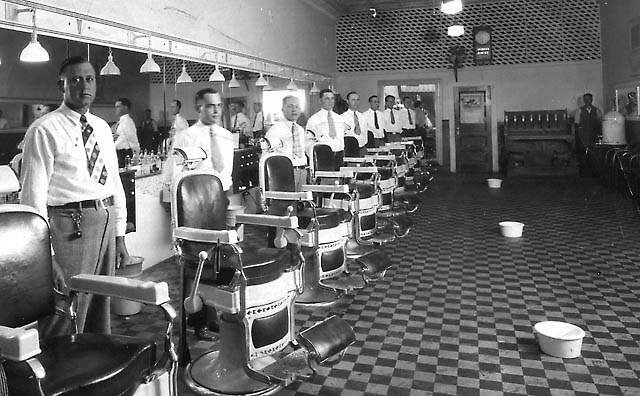The Home Office must reconsider an application in the now closed Turkish business person route after an poor initial decision to refuse was then compounded by flawed decision making on administrative review and in the subsequent judicial review. The case is R (Ozmen) v Secretary of State for the Home Department [2023] EWCA Civ 1366.
Background
The appellant arrived in the UK as a student in December 2019 and then applied for leave to remain as a Turkish business person in May 2020. The appellant’s immigration adviser submitted a detailed proposal (89 pages including appendices) for him to work as a mobile barber in Derbyshire. The application was refused in March 2021 with only brief reasons provided. The administrative review was also unsuccessful in February 2022.
The refusal letter stated that the appellant’s work history could not be verified as he had not submitted a “SGK” which refers to database records from the Turkish social security system. This is despite the fact that the appellant stated that he had been working freelance and SGK records only salaried employment history. This point was raised in the administrative review and the response entirely failed to engage with it.
The refusal letter also raised concerns about the appellant’s ability to effectively travel to clients. The decision maker relied on information they had taken from Google maps and there was no reference to the evidence about travel that had been provided in the business plan. When it was pointed out that the decision maker had used unreliable data as times had been impacted due to Covid, the person carrying out the review said that they could not accept new evidence that was not available to the original decision maker.
An application for judicial review was lodged and permission was granted at an oral hearing, after initially being refused on the papers. However the substantive judicial review was dismissed by the Upper Tribunal in November 2022. The appellant appealed to the Court of Appeal.
The Court of Appeal’s decision
The Court of Appeal granted permission on three grounds:
(1) The judge was wrong to conclude that the refusal of the appellant’s application by the respondent involved no finding of dishonesty or lack of bona fides. As a matter of procedural fairness, therefore, the appellant should have been provided with an opportunity at interview to respond to concerns about the genuineness or credibility of his application.
(2) The judge’s conclusion was irrational, particularly in the absence of any evidence to indicate that the appellant’s qualifications and training had been taken into account by the respondent.
(3) The judge erred in law in rejecting the appellant’s argument that the respondent acted irrationally in concluding, on the basis of its analysis of the travelling time to one potential client, that the business plan was not viable.
The Court of Appeal dismissed the first two grounds but on the third issue found that “the original decision-maker, the administrative review and the Upper Tribunal Judge all fell into error”. They said that it was irrational and wrong for the original decision maker to consider the proposal using one superficial search they had carried out on a different website to the one provided by the appellant.
The administrative reviewer was then wrong to state that the appellant had not provided the information on travel. The Upper Tribunal judge had not picked up on the fact that the original decision maker had failed to consider the appellant’s evidence and so fell into error on that basis. The court concluded that “the original decision was a superficial and flawed analysis of Mr Ozmen’s application which should have been recognised as such by the administrative review and the [Upper Tribunal]”.
Conclusion
This must have been a hugely costly and frustrating experience for the appellant, who has lost over three years of his life as a result of some extremely poor decision making that really should have been rectified long before now.













